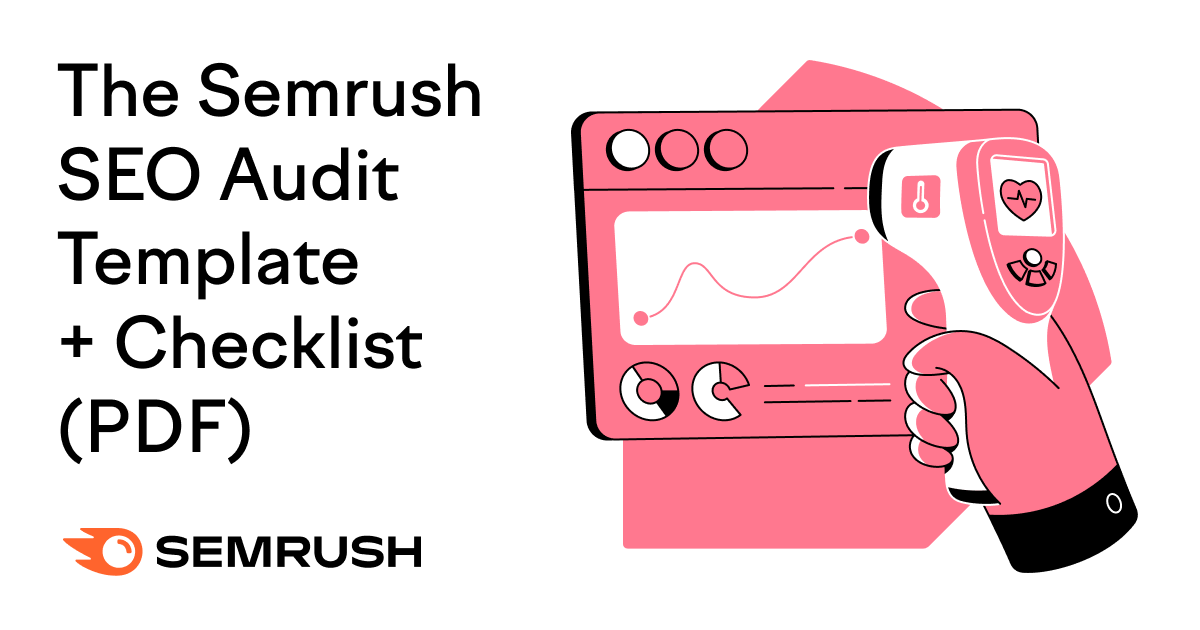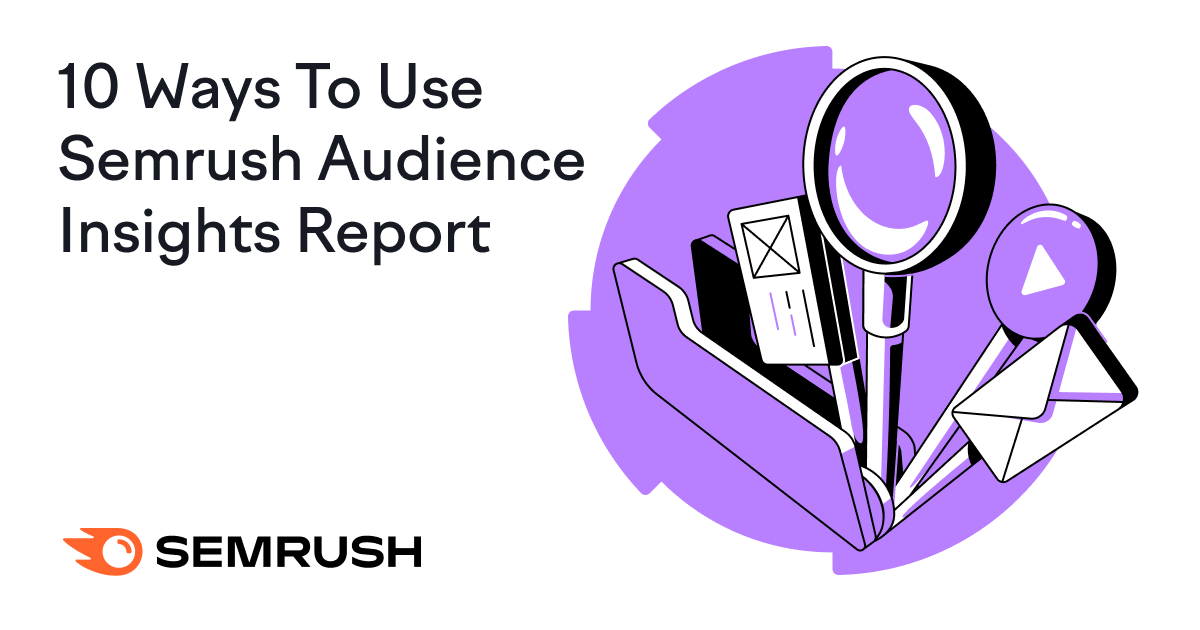
When Denise Rouse started having what she thought were premenopausal symptoms at age 48, she was relieved. She’d always had menstrual problems. “I thought, ‘Thank God. The light is at the end of the tunnel,’” says Rouse, a consultant from Washington, DC.
But around December 2015, she noticed that her abdomen felt funny. Within days, her tummy became swollen and felt like it was being “crushed by” her organs, she says. She couldn’t stand on her feet for too long.
She saw a doctor, who ordered a CT scan right away. That same day, she was diagnosed with stage III ovarian cancer.
That was the start of a nearly 6-year journey for Rouse, now 59. Along the way, she’s had to give up driving and learn to deal with her shifting energy levels. Living with ovarian cancer, she says, means understanding that things will change as you go along.
An ovarian cancer diagnosis can take over every part of your life. Because it’s often diagnosed in later stages, treatment may start right away. You must learn quickly how to schedule your life around doctor visits and treatment appointments. You have to adapt to side effects from both the cancer and its treatments while juggling work, relationships, and your everyday tasks.
Your “normal” may look a lot more different now. But there are ways to ease the transition:
Ask your doctor what to expect. Find out as much as you can about your cancer, and ask questions about what you can expect during and after treatment. This helps you prepare for what’s to come.
“We try to break things down and focus on the next step so that it’s not as overwhelming,” says Stephanie Wethington, MD, director at The Susan L. Burgert MD Gynecologic Oncology Survivorship Program at Johns Hopkins Medicine.
This also helps you manage the uncertainty you may feel after your diagnosis, she says.
Pay attention to your energy. Treatments like surgery and chemotherapy take a toll on your body. Set aside time for recovery before you have to get back on your feet.
Rouse says she figured out a pattern to the way her body processes the drugs when she gets her treatment.
“Two and a half to 3 days after I get treatment is when I might be sick. So I need to adjust my schedule,” she says. “In order to accommodate that, I make sure I have the time to literally be sick and recover. And then I can go on and do the rest of my life.”
Treatment side effects can sap you of the strength to do even simple things. For Rouse, cooking used to be a passion. But lately, she can’t find the energy to make risotto, her favorite.
“I can’t stand up in the kitchen long enough to start what totally takes about 45 minutes. And you have to be with it the entire time,” she says.
You may have to change how you work. Whether you work while you’re having cancer treatment should be a personal choice. Do what’s right for you. If you’re unsure, ask your doctor what’s best for your health and when you can expect to return to work.
Rachel Putman, 39, vice president for field development at JPMorgan Chase, went on disability after she was diagnosed with breast cancer in January 2020, then stage III ovarian cancer in June of the same year.
“The brain fog is the hardest part for me, with the type of work I do,” says Putman, of Scottsdale, AZ. Navigating treatment for two separate cancer diagnoses while making time for work turned out to be too much, especially during the COVID-19 pandemic.
“I’m a vice president in a huge company. We’re going a million miles a minute,” she says. “When the pandemic hit, I would literally go get a PET scan or I’d have an IV in my arm, and then I’d come back and work till like 9 o’clock at night. Because we needed to figure out how to work virtually and how [to] adapt. And I couldn’t do it anymore.”
Tell your doctor if you plan to conceive. If you’re planning to get pregnant, Wethington says, tell your doctor before you get any treatment. Then you can explore the options together.
“The key element is the conversation, so that the patient and the surgeon understand what the goals are and what the potential outcomes are,” she says.
A specialist, such as a reproductive endocrinologist, can provide assessment and counseling.
When Putman’s doctors found what they suspected to be an ovarian mass, they knew Putman was trying to get pregnant at the time. So they were open to all scenarios before deciding on a treatment.
“They didn’t want to take that ability away from me. So that’s why we kind of did like a half-surgery. They did what they could to preserve my fertility,” she says.
When surgery does result in fertility loss, it can be hard to process. Talk to your doctor or a therapist to help you through.
Surround yourself with support. Both emotional support and practical help are essential. Cancer-related fatigue may make it hard to lift things, walk around a lot, or do household work or child care. You may not be able to lift heavy things or climb stairs soon after surgery.
Local support groups can connect you with others who relate to what you’re going through. Ask your family and friends for help with chores, errands, or other daily tasks while you recover.
Putman says one of the nicest things a friend did was to hire someone to clean her home while she and her husband were figuring out cancer treatment.
For Rouse, a local support group didn’t feel like the right fit to lift her spirits. So she launched a nonprofit organization called Cancer Coaching Network. “It’s designed to give women the opportunity to have coaching sessions as they navigate this experience,” she says.
If you’re feeling blue or finding it hard to manage everything, talk to your doctor or a therapist about it.
Ask your doctor about palliative care. Think of palliative care services as your “quality-of-life coach,” Wethington says. You get this specialized care from a team of doctors, nurses, and social workers who work alongside your cancer doctors.
While your oncologist focuses on treating your cancer, the palliative team works to manage any symptoms of the cancer, side effects from treatment, or other stressors you’re facing, she says.
Reach out to your health care team to help you find resources. After an ovarian cancer diagnosis, you might need help with everything from dealing with your emotions to paying for treatment.
Members of your cancer care team can help you sort through what resources are available to you. Your team might include doctors, nurses, social workers, physical therapists, and occupational therapists.
For example, Wethington says, social workers can be very helpful.
“Social workers can help with everything from accessing resources, if somebody needs resources, to understanding insurance, helping with equipment you might need arranged at home, to providing supportive therapy and serving as a therapist,” she says.
Keep up with your follow-up care. After you finish a course of treatment, you may feel both relieved and anxious. Expect your doctor to keep a close eye on your recovery with follow-up appointments and monitoring over the long term. Ask them what schedule they suggest, and keep up with it.
Because ovarian cancer is often diagnosed at a later stage, there’s a good chance the cancer will eventually come back. If it does, your doctor will come up with a treatment plan based on exactly where your cancer is, what treatments you’ve had before, and your overall health. Some people need treatment on and off for years.
Keep copies of your medical records and health insurance claims. If you have to switch to a new doctor, that will make for an easier transition.
There’s no way to guarantee your cancer won’t return. Healthy habits like exercising, eating well, and reducing stress might help, Wethington says. But, she says, “none of them are silver bullets.”
Figuring out how to live with ovarian cancer can be a steep learning curve. Through it all, Rouse says, she found the emotional journey the most challenging part.
“I figured out the physical stuff pretty quickly. It was the emotional aspect that needed the most internal assessment to feel whole again,” she says. “It’s best to take it one day at a time.”






![What It Is & How to Do It [Examples + Template] What It Is & How to Do It [Examples + Template]](https://static.semrush.com/blog/uploads/media/86/6a/866a1270ca091a730ed538d5930e78c2/do-swot-analysis-sm.png)